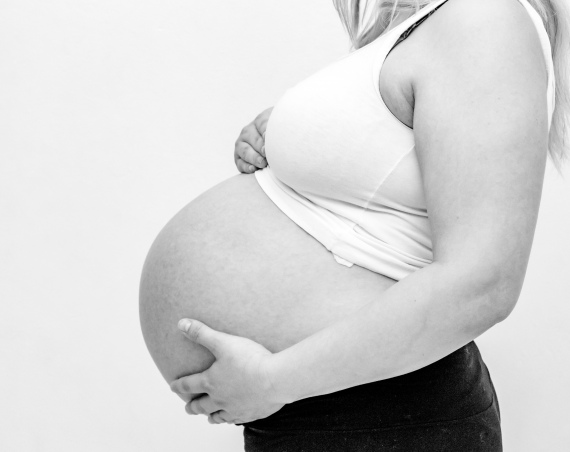
Bayer has announced a strategic partnership with Samsung Electronics America to address sleep disturbances associated with menopause (SDM). This collaboration aims to fill data gaps and improve understanding of the impact of SDM on women’s health and quality of life through an observational study using data from Samsung consumer devices.
Menopausal sleep disturbances, affecting up to 60% of women during the transition, include difficulties in falling or staying asleep, significantly impacting daily activities and work performance. Despite the widespread nature of these issues, specific treatments for menopausal sleep disturbances remain limited.
“By joining forces with Samsung and women using their devices, we strive to expand treatment options to support women at all stages of life,” said Juergen Eckhardt, M.D., Head of Business Development & Licensing at Bayer’s Pharmaceuticals Division. “With one of the world’s largest pools of biomarker data collected with wearable devices, Samsung is a perfect partner to further enhance the knowledge base in women’s health with real-world evidence.”
Sleep disturbances, along with vasomotor symptoms (VMS or hot flashes) and mood changes, are among the most disruptive symptoms of menopause. Bayer’s recent Phase III OASIS 1 and 2 studies of the investigational compound elinzanetant have shown promising results, significantly reducing the frequency and severity of VMS compared to placebo over 12 weeks.
The collaboration with Samsung will utilize the company’s expertise in consumer wearable technology and sensor devices to capture relevant digital health data. “We are pleased to be partnering with Bayer to explore the connection between sleep and women’s health,” said Sumanth Munipalli, Head of Partnerships & Business Development, Digital Health, Samsung Electronics America. “Samsung is building powerful consumer technology to gain meaningful insights into sleeping better. As a foundation of health, good sleep is critical to our overall health and wellbeing across one’s health span.”
Samsung Health’s platform, including its health app and wearables, will be instrumental in collecting biometric data such as temperature, sleep architecture, and menstrual cycles for this study. The financial terms of the partnership were not disclosed.



